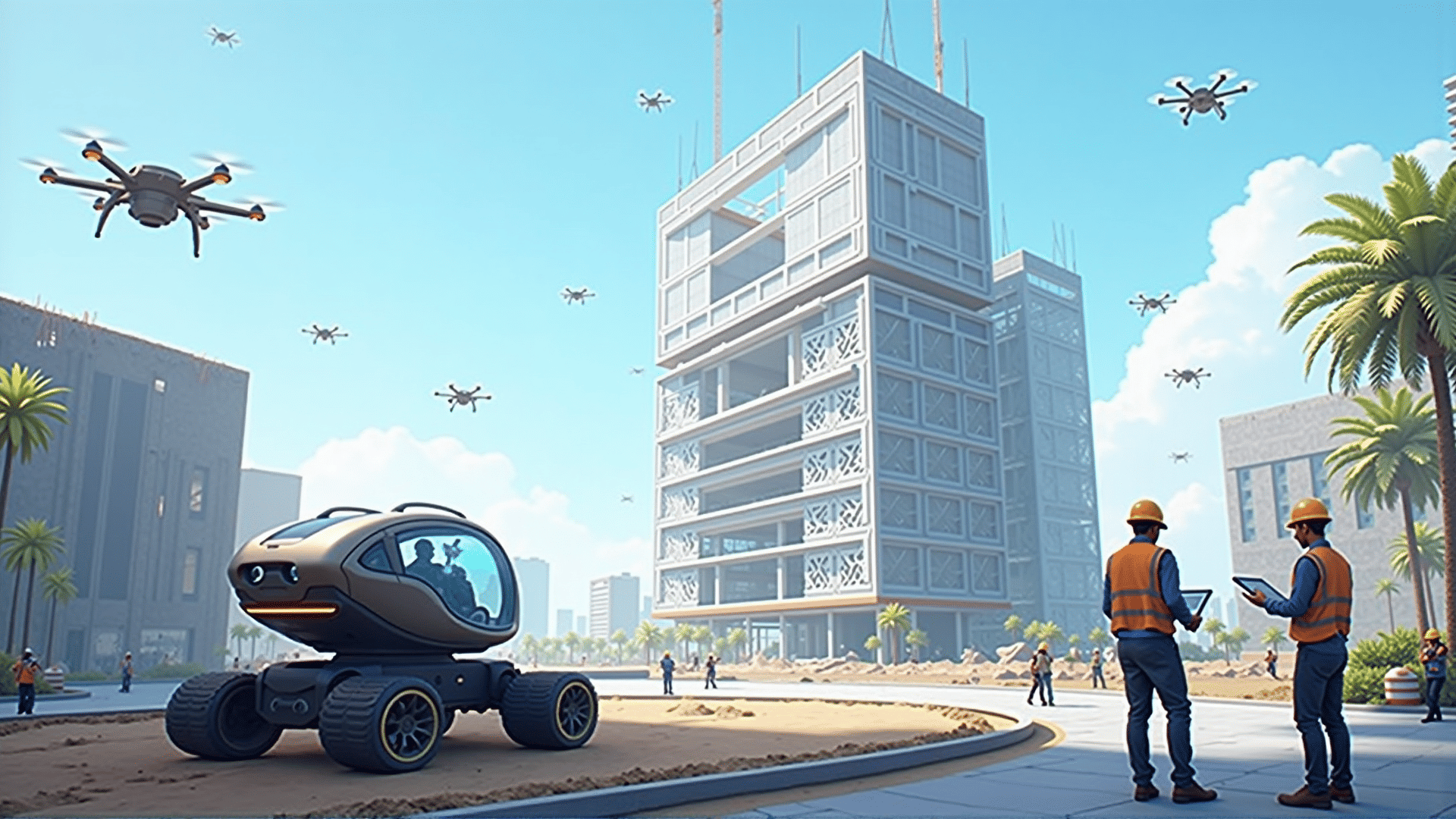The construction industry is undergoing a significant transformation as emerging technologies begin to reshape and redefine traditional processes. The integration of cutting-edge innovations is enhancing efficiency, safety, and sustainability in construction projects. From artificial intelligence to advanced machinery, these technological advancements are setting new standards for how the industry operates.
One of the most groundbreaking technologies making waves in construction is artificial intelligence (AI). AI is being utilized to increase accuracy in project planning and execution. Machine learning algorithms can predict potential issues, such as cost overruns and delays, by analyzing data from past projects. This allows companies to take preventive measures and make informed decisions, ultimately saving time and resources. AI-driven tools also optimize design processes and facilitate real-time adjustments, ensuring that the project remains on track despite unforeseen challenges.
The use of Building Information Modeling (BIM) is another major technological advancement in construction. BIM is a digital representation of a building's physical and functional characteristics, serving as a shared knowledge resource for all stakeholders involved in a project. This technology fosters collaboration and improves communication among architects, engineers, and contractors. By providing a virtual model of a building's lifecycle, BIM enhances decision-making and can significantly reduce the likelihood of errors during construction.
Drones are also revolutionizing the construction industry by providing a new perspective on project management. They are used for site surveys, mapping, and monitoring, offering high-resolution images and real-time data. This aerial oversight enables project managers to identify potential issues more quickly, ensuring that construction processes remain efficient and safe. Drones also improve resource management and inventory tracking, ensuring materials are optimally allocated and reducing waste.
Automation and robotics are playing an increasingly critical role in modern construction environments. Advanced machinery and robotic systems perform repetitive tasks with precision, speed, and consistency, reducing the need for manual labor. For instance, autonomous vehicles are now used for site preparation and material transportation, enhancing workplace safety and productivity. Moreover, construction robots, such as those used for bricklaying or rebar tying, are lowering the physical demands on workers and accelerating project timelines.
The construction industry is also embracing sustainable practices through the adoption of new technologies. 3D printing, for example, is revolutionizing material usage and waste management. Structures can now be printed with precision, consuming fewer materials and generating less waste. This not only reduces costs but also decreases the environmental impact of construction activities. Furthermore, advancements in green technologies, such as eco-friendly building materials and energy-efficient systems, are promoting sustainable development while meeting regulatory requirements.
The utilization of the Internet of Things (IoT) in construction is enhancing data connectivity and real-time monitoring. Sensors embedded in construction sites provide valuable data on equipment performance, structural integrity, and environmental conditions. This interconnected network of devices enables proactive maintenance strategies and ensures the longevity of structures. IoT solutions also enhance safety protocols by providing alerts about potential hazards, contributing to the overall well-being of the workforce.
Advancements in construction technology are proving to be transformative, spearheading a future where projects are completed faster, more efficiently, and with greater precision. By embracing such innovations, the construction industry is poised to meet the growing demands of urbanization and infrastructure development. As these technologies continue to evolve, they offer promising prospects for enhancing the quality, sustainability, and safety of construction practices worldwide.
